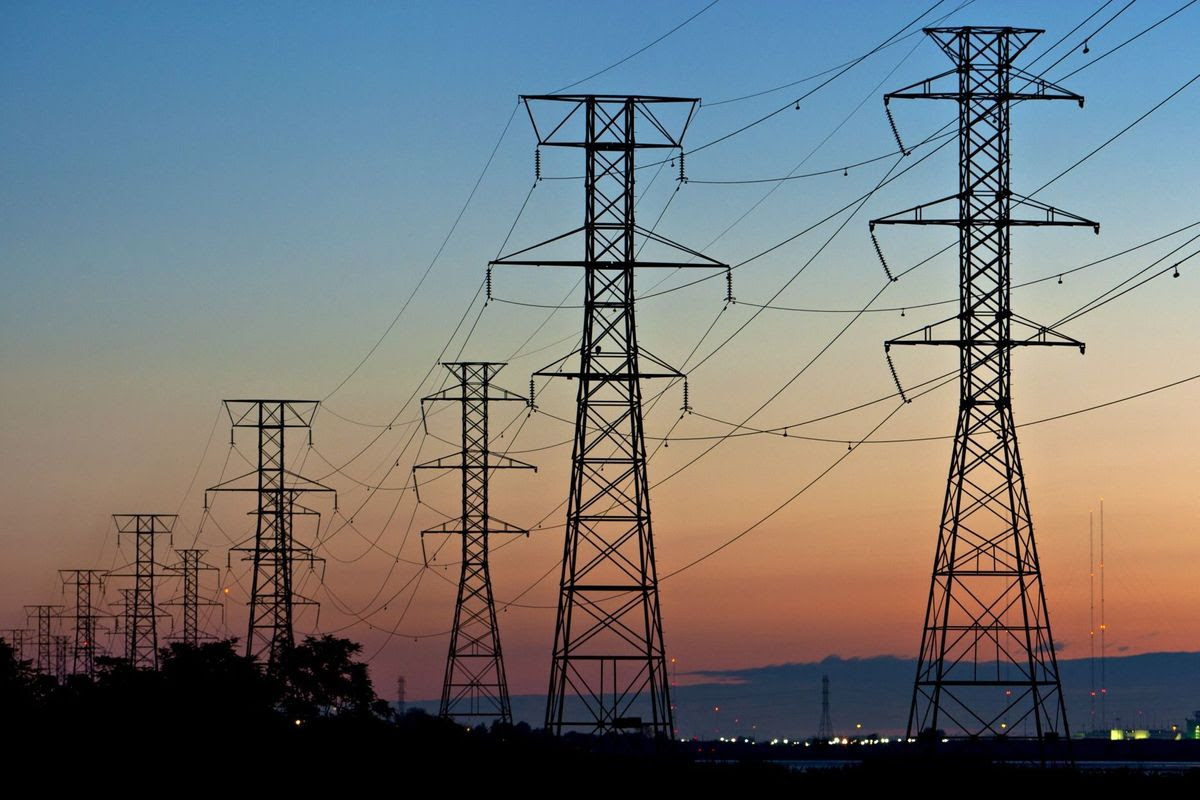House Republicans want to overhaul the nation’s permitting process. What will Democrats do?
House Republicans are racing to pass an energy package this spring that would speed up the nation’s permitting process for new natural gas pipelines, wind turbines and other energy infrastructure projects.
Democrats now have a dilemma: They could agree to work with Republicans on permitting legislation and risk blowback from prominent environmental groups, or they could shun the permitting talks and risk slowing the nation’s clean-energy transition.
“Any final permitting package is going to probably include some stuff we don’t love — but we know we need to do this for our climate goals,” said one House Democratic staffer who, like others interviewed for this report, spoke on the condition of anonymity to describe private discussions.
Lawmakers in both parties agree that it takes too long for energy projects to secure the necessary permits. According to an analysis by the White House Council on Environmental Quality, the average time for projects requiring an environmental impact statement is 4.5 years.
But they sharply disagree over how to address the problem that has threatened fossil fuel and renewable-energy projects alike.

The debate over permitting has been simmering on Capitol Hill for years. Here’s the recent history:
To secure the vote of Sen. Joe Manchin III (D-W.Va.) for the Democrats’ landmark climate bill, dubbed the Inflation Reduction Act, party leaders agreed in August to pass a follow-up bill that would speed up the permitting process.
In September, Manchin introduced a controversial measure that sought to expedite the approval of the Mountain Valley natural gas pipeline, among other proposals.
Democratic leaders then tried unsuccessfully to attach Manchin’s permitting proposal to a government funding bill and the annual defense policy measure.
That brings us to the present moment, when House Republicans are trying to pass a permitting overhaul as part of a sweeping energy package, which they hope to vote on by the end of the month.
The centerpiece of the package would be legislation from Rep. Garret Graves (R-La.) that seeks to modernize the 1970 National Environmental Policy Act, which requires the federal government to analyze the environmental impact of a major project — and to seek public input — before approving it.
‘SACROSANCT AND BIBLICAL’
Therein lies the rub. Democrats could face fierce blowback from environmentalists if they’re seen as working to weaken NEPA, a bedrock environmental law that has been used to block polluting projects, often in low-income and minority neighborhoods.
“What we don’t need is permitting reform that guts and takes away the protections that NEPA gives to communities like mine,” said John Beard, executive director of the Port Arthur Community Action Network, an environmental justice group, at a House Natural Resources Committee hearing Tuesday.
Rep. Scott Peters (D-Calif.), who has been trying to persuade his party to support permitting legislation, acknowledged the politically explosive nature of reopening NEPA.
“There’s a camp of people who, I think, view NEPA as sacrosanct and biblical,” Peters told The Climate 202. “There’s another group of people who recognize that it’s totally reasonable to adapt environmental laws for the situation we’re facing today. I don’t think in 1970 we would’ve said that we were facing a climate crisis.”
Peters said he has discussed permitting proposals with several Democratic colleagues in recent weeks, although he declined to name them.
Christian Unkenholz, a spokesman for Rep. Jimmy Panetta (D-Calif.), confirmed that his boss has spoken with Peters about the issue. But other Democratic lawmakers have said they don’t want to be publicly associated with permitting talks for fear of angering major environmental groups, according to one person familiar with the matter. (It could not be learned who those lawmakers are.)
CLEAN-ENERGY CONCERNS
On the other hand, if Democrats don’t work with Republicans to strike a permitting deal, they could jeopardize the central goals of the Inflation Reduction Act: spurring the construction of clean-energy projects and slashing the nation’s emissions.
According to an analysis by Princeton University, the Inflation Reduction Act could cut U.S. greenhouse gas emissions by about 6.3 billion tons over the next decade. But that outcome depends on more than doubling the historical pace of building transmission lines needed to carry clean electricity across the country, the analysis found.
“There’s so much clean energy we could get on the grid right now, if we just had the transmission infrastructure to do so,” Xan Fishman, director of energy policy and carbon management at the Bipartisan Policy Center, told The Climate 202.
James Hewett, who manages power sector advocacy at Breakthrough Energy, summed up the situation this way:
Senate Majority Leader Charles E. Schumer (D-N.Y.) and several climate hawks in the Senate — including Sens. Brian Schatz (D-Hawaii), Sheldon Whitehouse (D-R.I.) and Tina Smith (D-Minn.) — have voiced support for passing a permitting bill that makes it easier to approve transmission lines.
But several other Democratic lawmakers — including Sens. Jeff Merkley (Ore.), Edward J. Markey (Mass.) and Elizabeth Warren (Mass.) — have raised strong opposition to any permitting bill that weakens NEPA at the expense of vulnerable communities.
It’s unclear whether these factions in the Democratic Party can agree with one another, much less with Republicans, on a permitting deal in the coming months, even as hundreds of projects hang in the balance.
